At a time when Nigerians are grappling with unprecedented economic challenges, Starnews NG reports that President Bola Tinubu’s administration has faced intense criticism for high-profile expenditures that seem to contradict the nation’s harsh realities.
From the current petrol price hike and cost of living, controversial purchase of a new presidential jet valued at over N150 billion to a N5 billion yacht, vehicles for lawmakers, first lady office budget, these extravagances have sparked outrage, given the prevailing economic strain on ordinary citizens.
Since Tinubu assumed office on May 29, 2023, several policy decisions—most notably the removal of fuel subsidies and the unification of exchange rates—have contributed to rising inflation and the escalating cost of living. The prices of basic goods and services have surged, exacerbating the daily struggles of Nigerians. Inflation now stands at a staggering 35%, yet the government appears more focused on lavish expenditures than on alleviating the economic hardship faced by the populace.
One of the most contentious decisions of the Tinubu administration is the acquisition of a new Airbus A330 to replace a 19-year-old Boeing B737-700 (BBJ) bought during President Olusegun Obasanjo’s tenure. The $100 million jet purchase has provoked widespread anger among Nigerians who question the necessity and timing of such a luxurious acquisition. Despite claims from the National Assembly that the funds for the jet had not yet been appropriated, the president had already used it for a flight to France.
In a country reeling from inflation and the high cost of basic necessities, such an extravagant expense raises serious questions about the government’s priorities. Former Minister Oby Ezekwesili summed up the sentiments of many when she remarked that it is baffling for a government, in the midst of hunger and poverty, to prioritise the purchase of a new aircraft for the president.
Adding to the outrage is the alleged purchase of a N5 billion presidential yacht. Although the National Assembly rejected the request for the yacht in the 2023 supplementary budget, reports indicate that the yacht had already arrived in Nigeria before the rejection. The lack of transparency surrounding the matter has only deepened public scepticism, as the government has neither confirmed nor denied the allegations.
This episode raises concerns about the administration’s accountability. It also fuels the perception that the government is more interested in maintaining a luxurious lifestyle than addressing the pressing needs of ordinary Nigerians. Efforts by the House of Representatives to push for the return of the yacht to its vendor have done little to ease public outrage.
Equally controversial is the completion of the Vice President’s official residence, reportedly costing N21 billion. At a time when infrastructure projects across the country require urgent attention, the decision to prioritise this residence demonstrates a significant disconnect between the government and the needs of the people.
While Nigerians continue to bear the brunt of rising prices and unemployment, the administration’s focus on luxurious infrastructure for top officials has sparked further discontent. Many question why such resources are being channelled towards extravagant projects when the country is facing severe economic challenges.
The purchase of luxury vehicles for members of the National Assembly has further inflamed public anger. The cost of each vehicle is believed to be N160 million, raising concerns about the government’s commitment to austerity measures.
At a time when millions of Nigerians are struggling to afford basic needs, lawmakers seem to be enjoying the benefits of office with little regard for the financial constraints of the country.
Although the National Assembly has defended the purchase by stating that the cars are official and will be returned at the end of the administration, many Nigerians are left wondering why such extravagant measures are necessary when the country is in such a difficult financial situation.
In another instance of controversial spending, the government allocated N90 billion to subsidise the 2024 Hajj pilgrimage to Saudi Arabia. While religious pilgrimages hold great significance for many Nigerians, the decision to spend such a large amount during an economic downturn has raised eyebrows. The devaluation of the naira increased the cost of Hajj significantly, leading the National Hajj Commission of Nigeria (NAHCON) to review fees multiple times.
Moreover, the subsidy has become the subject of multiple investigations, with allegations of mismanagement by top officials at NAHCON. The arrest of the NAHCON chairman and other officials by the Economic and Financial Crimes Commission (EFCC) has only heightened concerns about corruption and financial mismanagement in the administration.
The Office of the First Lady, although largely ceremonial, has also been a focal point of public discontent. In the 2023 supplementary budget, the government proposed N1.5 billion for the purchase of vehicles for the office. While the role of the First Lady is influential, many Nigerians are questioning the necessity of such an expensive fleet, especially at a time when the government is asking the public to endure hardship.
The opulence surrounding the Office of the First Lady has long been a point of contention in Nigerian politics, with critics arguing that it often oversteps its boundaries and drains public resources. This latest expenditure only reinforces that perception.
Amid these lavish expenditures, one project that could have alleviated some of the economic hardship—the Dangote Refinery—has faced significant obstacles. Initially hailed as a game changer that would reduce Nigeria’s reliance on fuel imports, the refinery’s progress has been frustrated by powerful cabals within the oil industry.
These cabals, who profit from Nigeria’s dependence on imported fuel, have allegedly worked behind the scenes to delay the full operationalisation of the refinery. Their influence has perpetuated the country’s reliance on foreign-refined petroleum, ensuring that the removal of the fuel subsidy continues to place an undue burden on Nigerians.
By blocking the Dangote Refinery’s smooth operation, these cabals have exacerbated the fuel crisis, forcing Nigerians to endure skyrocketing prices despite the refinery’s potential to ease the burden. This delay has further undermined the government’s credibility, as the refinery was initially presented as a key solution to the fuel crisis following the subsidy removal.
The removal of the fuel subsidy has led to one of the most painful consequences for Nigerians—the skyrocketing cost of petrol. As of now, petrol prices range between N895 and N1,250 per litre, depending on the location. This dramatic increase from pre-subsidy levels has plunged many households into economic distress.
Transportation costs have soared, food prices have escalated, and businesses are struggling to cope with the cost of production.
Nigerians are grumbling, with many accusing the government of insensitivity to their plight. The long queues at fuel stations have returned, and the high cost of petrol has become a symbol of the wider economic suffering. For a country that is a major oil producer, it is ironic and tragic that its citizens are paying some of the highest prices for petrol globally.
The government’s plea for patience, asking Nigerians to endure short-term pain for long-term gain, rings hollow to many who feel abandoned by their leaders. As people grapple with the harsh realities of daily survival, there is growing frustration with the administration’s inability to cushion the effects of the subsidy removal and offer immediate relief.
The Tinubu administration’s actions over the past year reveal a striking disconnect between the government’s spending priorities and the pressing needs of ordinary Nigerians. While citizens are asked to endure economic hardship, the government’s lavish expenditures on jets, yachts, residences, and luxury vehicles send the opposite message—that the ruling elite is insulated from the realities facing the people.
This is a time for fiscal restraint and a focus on policies that uplift the masses. Instead, the administration has demonstrated an alarming lack of sensitivity to the plight of the common man. The continued frustration of projects like the Dangote Refinery, which could ease the fuel crisis, only adds to the public’s frustration.
As the country grapples with inflation, rising unemployment, and a high cost of living, Nigerians are calling for more responsible leadership.
Starnews NG urges the government to redirect its focus away from luxury and towards addressing the urgent challenges facing the nation.
President Tinubu’s administration has an opportunity to change course and prioritise the needs of the people over the trappings of power. Failure to do so will not only deepen the economic crisis but also widen the trust gap between the government and its citizens. Now more than ever, Nigerians need leadership that reflects the sacrifices they are being asked to make, and leaders who are genuinely committed to alleviating their suffering.
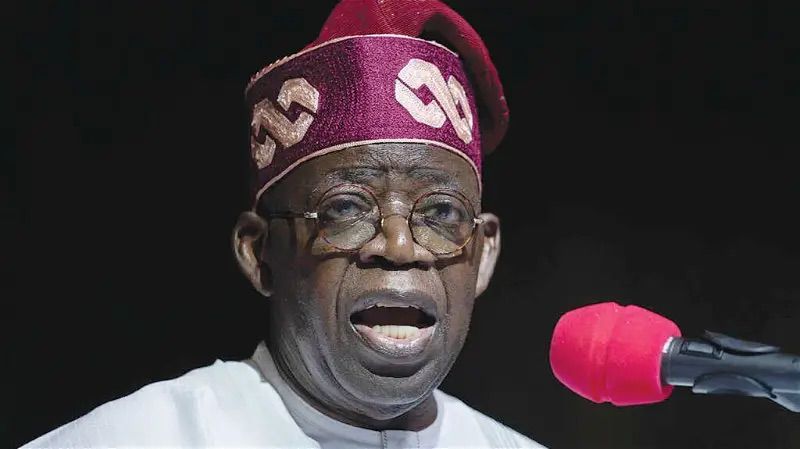




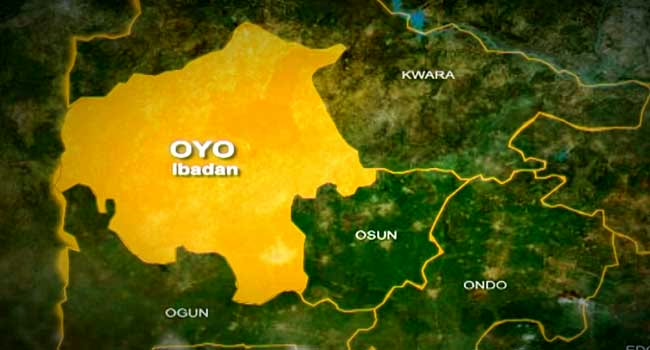
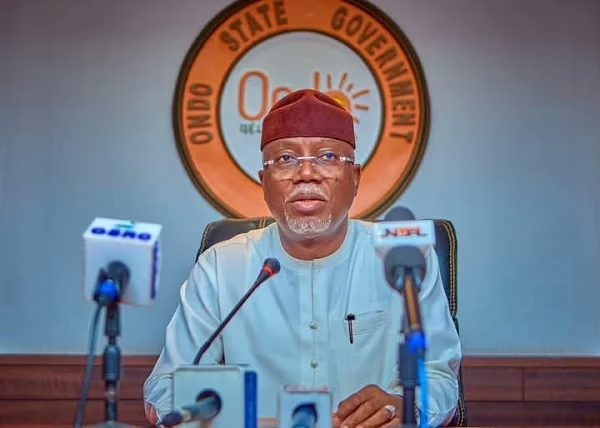
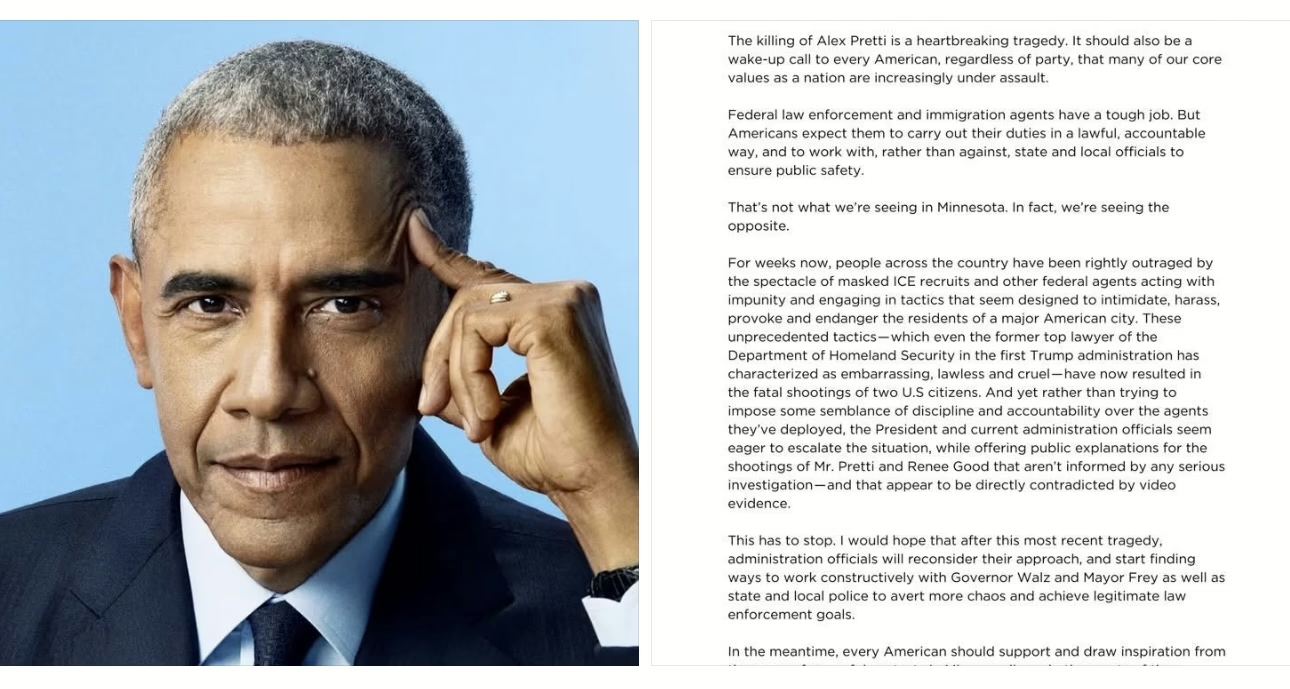
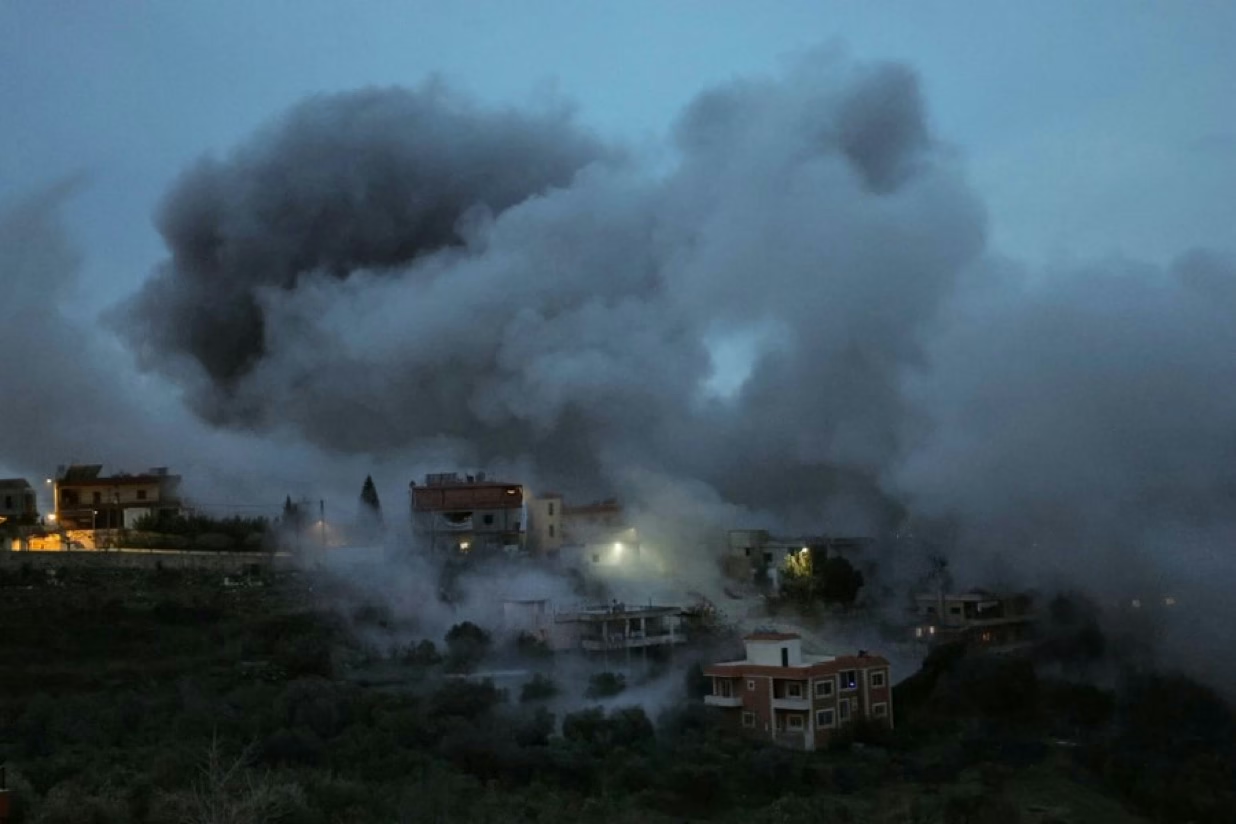
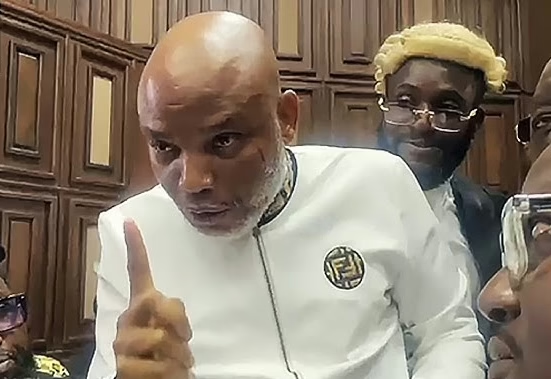
Leave a Reply